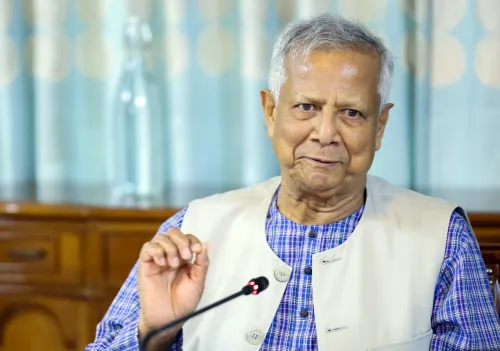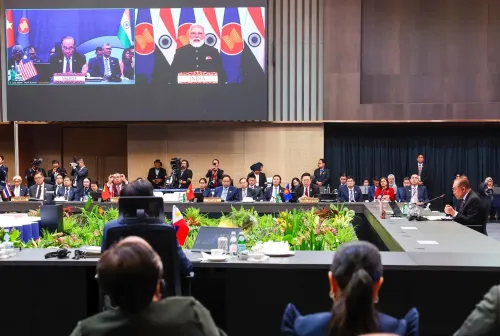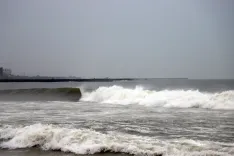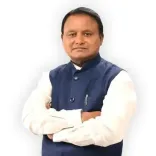Why is Slovakia Not Joining the EU Program for Ukraine's Military Aid?
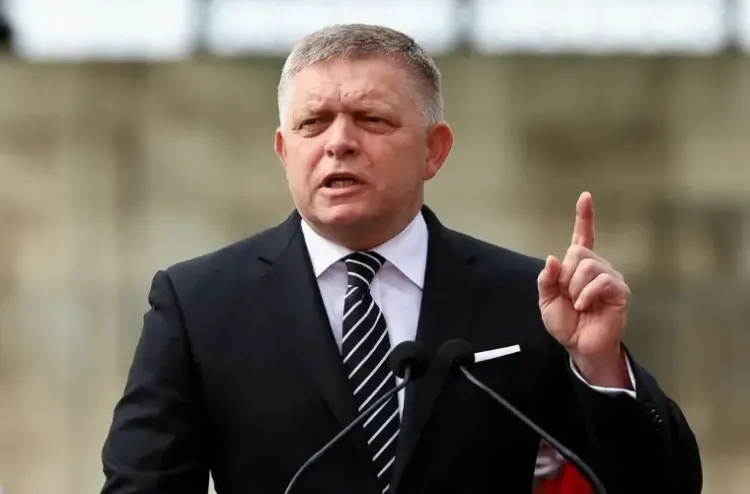
Synopsis
Key Takeaways
- Slovakia will not join the EU military aid program for Ukraine.
- Prime Minister Robert Fico opposes financial involvement in Ukraine's military conflict.
- EU leaders failed to agree on funding mechanisms for Ukraine.
- Slovakia halted state military aid but continues to allow commercial arms sales.
- US sanctions are complicating the energy landscape for Slovakia and Hungary.
Bratislava, Oct 27 (NationPress) Slovakia has decided against joining any European Union (EU) initiative designed to fund military assistance for Ukraine amid its ongoing conflict with Russia, as stated by Slovak Prime Minister Robert Fico.
During a press briefing held on Sunday, Fico expressed his opposition to allowing Slovakia to partake in any financial initiative aimed at supporting Ukraine in handling the conflict and its military expenses, according to reports from Xinhua news agency.
He also voiced criticism regarding the EU sanctions placed on Russia due to the ongoing conflicts in Ukraine, arguing that these sanctions inflict more damage on Europe itself.
Fico's remarks followed a meeting of EU leaders on Thursday, who reiterated their political, economic, and military backing for Ukraine, but did not endorse a specific funding strategy due to disagreements over the utilization of frozen Russian assets for financing new loans to assist Ukraine.
Since the inception of Fico's government in 2023, Slovakia has halted state military aid to Ukraine, although it continues to permit commercial arms sales.
Fico's viewpoint on the war diverges from that of many EU nations, as he contends that the resolution does not lie solely on the battlefield.
During the Thursday meeting, EU leaders reached an agreement to assist Ukraine in addressing its "urgent financial needs" over the upcoming two years, yet they postponed a decision regarding the allocation of frozen Russian assets for a €140 billion loan to Kyiv.
Ukrainian President Volodymyr Zelensky indicated that these funds could be promptly utilized to bolster air defense, aviation, and frontline positions.
As buyers of Russian energy, both Slovakia and Hungary are encountering challenges due to impending US sanctions targeting Russian oil firms Rosneft and Lukoil, which are scheduled to take effect next month.
When questioned about these impending risks, Fico mentioned that the Slovak refinery Slovnaft is part of the Hungarian oil and gas conglomerate MOL and is not a direct purchaser of oil.
"Currently, we are not viewing it in that manner," Fico commented following the recent announcement of US sanctions.
On Friday, Hungarian Prime Minister Viktor Orban stated that Hungary is actively seeking alternatives to navigate around the US sanctions.



